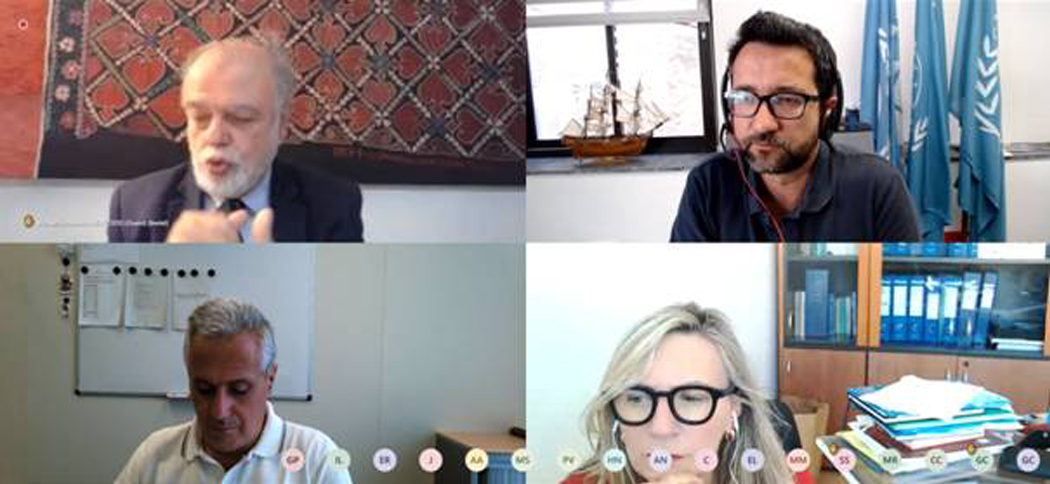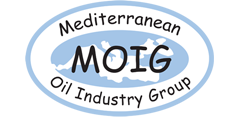
19 May 2022, the MOIG Director was invited by the Regional Marine Pollution Emergency Response Centre for the Mediterranean Sea (REMPEC) to online presentation on the Mediterranean Strategy for the Prevention of, Preparedness, and Response to Marine Pollution from Ships (2022-2031); delivered by Gabino Gonzalez, REMPEC Director.
Gabino Gonzalez strated by introducing the Mediterranean Strategy for the Prevention of, Preparedness, and Response to Marine Pollution from Ships (2022-2031); adopted by the Contracting Parties to the Barcelona Convention, in 2021 (Decision IG.25/16).
He underlined that the Mediterranean Strategy (2022-2031) sets seven Common Strategic Objectives (CSOs), which apply to the Mediterranean region as a whole, and Contracting Parties to the Barcelona Convention, alongside the various organizations and institutions of the Mediterranean, each have a role to play in achieving the following objectives:
• CSO 1 - Prevent, prepare for, and respond to operational, illegal and accidental oil and HNS pollution from ships
• CSO 2 - Promote and support the development and implementation of innovative global solutions to mitigate and respond to climate change
• CSO 3 - Reduce and monitor air emissions from ships to a level that is not harmful to the marine environment, or the health of the coastal population of the Mediterranean
• CSO 4 - Prevent and reduce litter (in particular plastic) entering the marine environment from ships, in order to limit the environmental, health, and socio-economic impact of marine litter in the Mediterranean
• CSO 5 - Eliminate the introduction of non-indigenous species by shipping activities
• CSO 6 - Achieve a well-managed safe and pollution free Mediterranean, with integrated marine spatial planning and designation of special areas, where shipping activity has a limited impact upon the marine environment
• CSO 7 - Identify and understand collectively emerging issues related to pollution from ships in the Mediterranean, and define required actions to address issues identified.
The Mediterranean Strategy (2022-2031) is supported by an Action Plan for the Implementation of the Mediterranean Strategy (2022-2031), which sets out the specific actions required under each CSO. The actions are grouped by ‘areas of influence’ (People, institutions, infrastructure; and information and knowledge sharing) and are guided by supporting objectives for each area of influence.
A comprehensive action plan translating the strategy into 190 specific actions, will be implemented in the course of the next ten years, with the collaborative, coordinated and collective support from relevant regional stakeholders in the Mediterranean.
By adopting the strategy, the twenty-two (22) contracting parties to the Barcelona Convention committed to take individual and collective measures to address a range of environmental challenges, including pollution, climate change, emissions of harmful gases, marine litter, and the introduction of non-indigenous species.
Governments, regional and international organizations, NGOs, research institutions and the industry will be invited to join this collaborative effort to leverage the financial resources and technical support required for the full implementation of the Strategy and its action plan. This concertation will allow a better coordination and planning of activities in the Mediterranean region.
